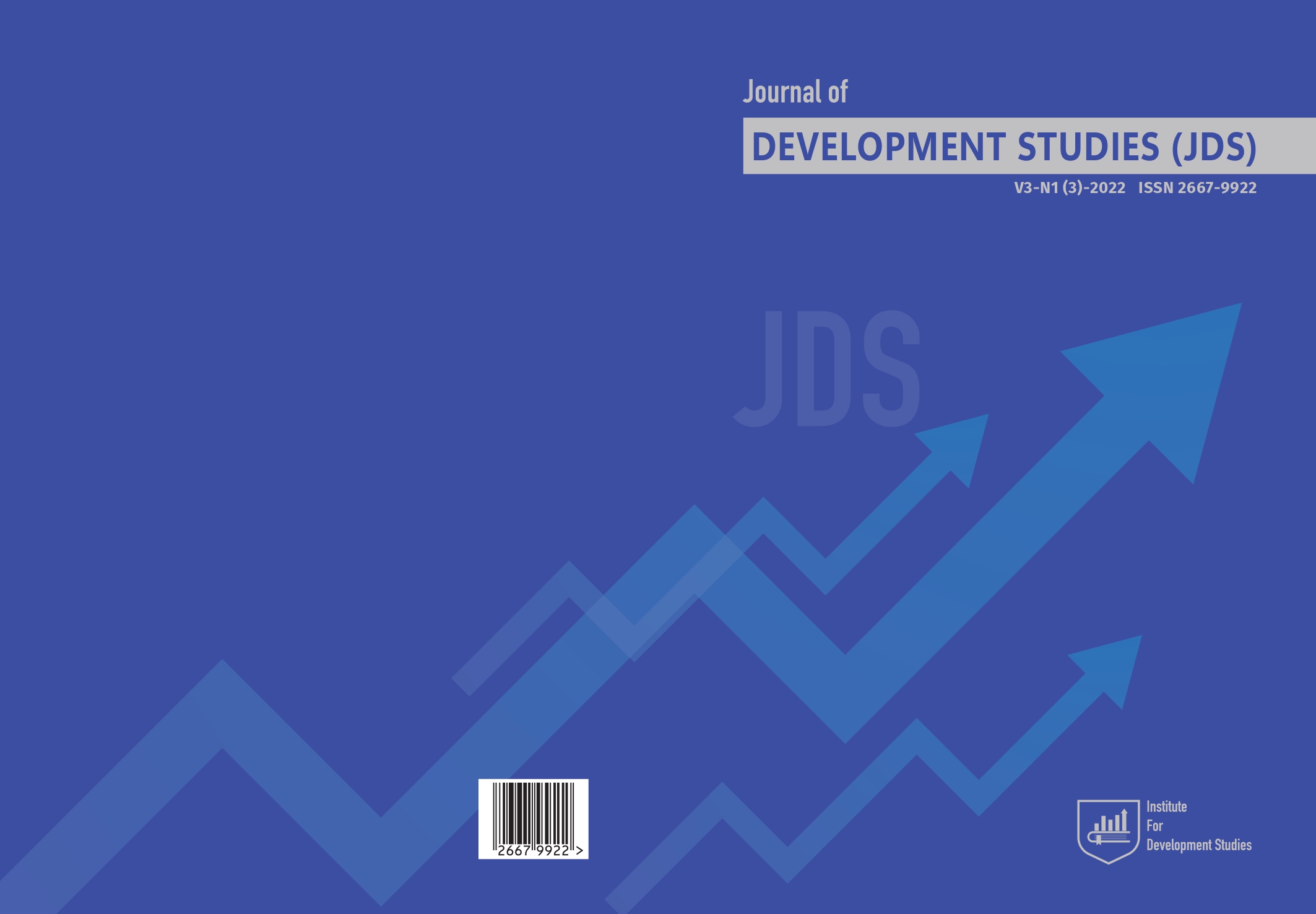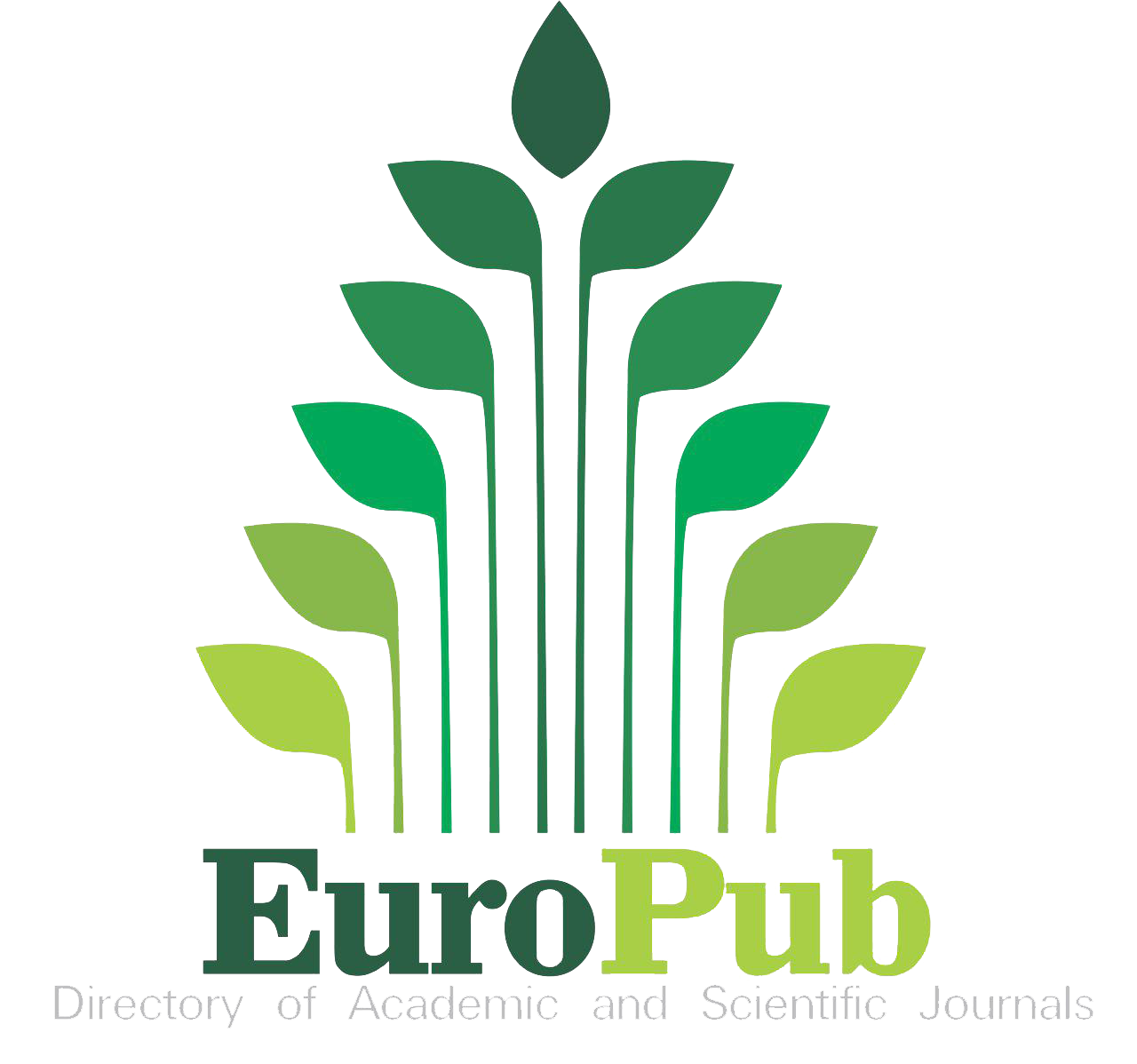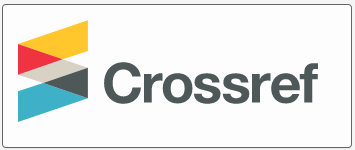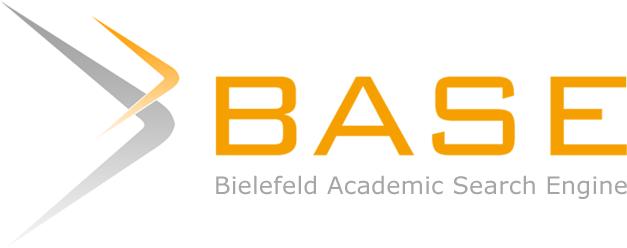Sustainable Development: Educational Initiatives for Well-Being (Vocational Education in Georgia)
DOI:
https://doi.org/10.52340/jds.2022.03.03.04Keywords:
Georgia, Vocational education, Sustainable Development, European Space, IntegrationAbstract
Resolution 70/1, Transforming our World: The 2030 Agenda for Sustainable Development adopted by the United Nations General Assembly, implies the ability of forthcoming generations to meet their needs for the future of mankind, needs that are being significantly challenged in these modern times. Resolution 70/1 has outlined 17 Sustainable Development Goals, and one of them is high-quality education, seen as essential for gaining progress in the other 16 goals. Keeping in mind those challenges, we think issues on education are important and relevant at both the international and local levels. In the given research, we discuss aspects of professional education and teaching techniques in Georgia. This case study is based on the desk research of official documents and an analysis of secondary data. The main goals of the research are to explore the challenges and difficulties in the Georgian reality and to define the system’s compatibility with the Western educational space with a view to integration, and what support may be needed in this regard. It is worth mentioning that the COVID-19 pandemic, which brought the world new educational realities by having students switch to online study or hybrid models of learning and seeing Georgia’s traditional teaching process go
online, was a wide-scale experiment Georgia was simply not ready for. The given issue also has a social character. The existing realities in the professional educational field have been under the watchful eye of various spheres of expertise. Since 2005, reforms have been implemented in the professional educational system, most of which concentrated on the preparation of highly competent personnel. It must be mentioned that Georgia’s European partners in particular bring a meaningful contribution, especially in the process of experience-sharing. Still, considering the progress of Georgian professional educational development, it is a fact
that the country needs to do more to keep up with modern tendencies.
Downloads
References
Chkhenkeli, M. (2020). The Ceremony of Handing Over the National Award of Vocational Education in Georgia Has Already Become a Tradition. Available: https://mes.gov.ge/con tent.php?lang=geo&id=10734 (September 10, 2022).
Chkhenkeli, M. (2022). The Ministry Is Actively Working in the Direction of Improving the Quality of Vocational Education and Bringing It Even Closer to the European Educational Space. Available: https://imedinews.ge/ ge/sazogadoeba/272824/mikheil-chkhenkeli-saministro-aqtiurad-mushaobs-propesiuli-ganatlebis-khariskhis-gaumjobesebisa-da-evropul-saganmanatleblo-sivrtsestan-misi-kidev-upro-daakhloebis-mimartulebit (November 15, 2022).
Gigiberia, I. (2018). The Role and Importance of Vocational Education in the Development of Economy and Business, St. Andrews Georgian University, Tbilisi.
Kakutia, T. (2017). The Role of the Local Labor Market in the Planning and Development of Professional Education, Ilia State University.
Recognition of non-formal education (2020). National Center for Educational Quality Enhancement, Georgia. Available: https://eqe.ge/en/ page/static/873/araformaluri-ganatlebis-aghiareba (September 10, 2022).
The Agencies of the Parliament of Georgia (1997). The Georgian Low on Education, 27.06.1997. Available: https://matsne.gov.ge/ka/document/view/31756?publication=18 (September 13, 2022).
The Ministry of Education and Science of Georgia (2013). The Strategy of Vocational Education (2013-2020). Available: https://mes.gov.ge/ uploads/300.pdf (October 15, 2022).
The Ministry of Education and Science of Georgia (2020). The Unified Strategy on Education and Science, (2017-2021) Implementation Report of the 2019 Vocational Education Action Plan. Available: https://mes.gov.ge/content. php?id=8806&lang=geo (October 10, 2022).
The Ministry of Education and Science of Georgia (2021). Unified National Strategy of Education and Science of Georgia 2022-2032, (The draft version). Available: https://mes.gov.ge/content.php?lang=geo&id=12711, (October 7, 2022).
The Ministry of Education and Science of Georgia (2022). Vocational Education. Available: https://mes.gov.ge/prof_edu.php?id=3&lang =geo (October 12, 2022).
The Ministry of Sustainable Development and Agriculture of Georgia (2017). The Agriculture of Georgia Annual Report, 2017, Tbilisi.
The Parliament of Georgia (2007). the Georgian law on vocational education, #4528_Iს, 23/03/2007, Tbilisi. Available: https://matsne. gov.ge/ka/document/view/23608?publication=17, (September 10, 2022)
Downloads
Published
How to Cite
Issue
Section
License
Copyright (c) 2024 Manana Darchashvili, Tina Tskhovrebadze

This work is licensed under a Creative Commons Attribution-ShareAlike 4.0 International License.














